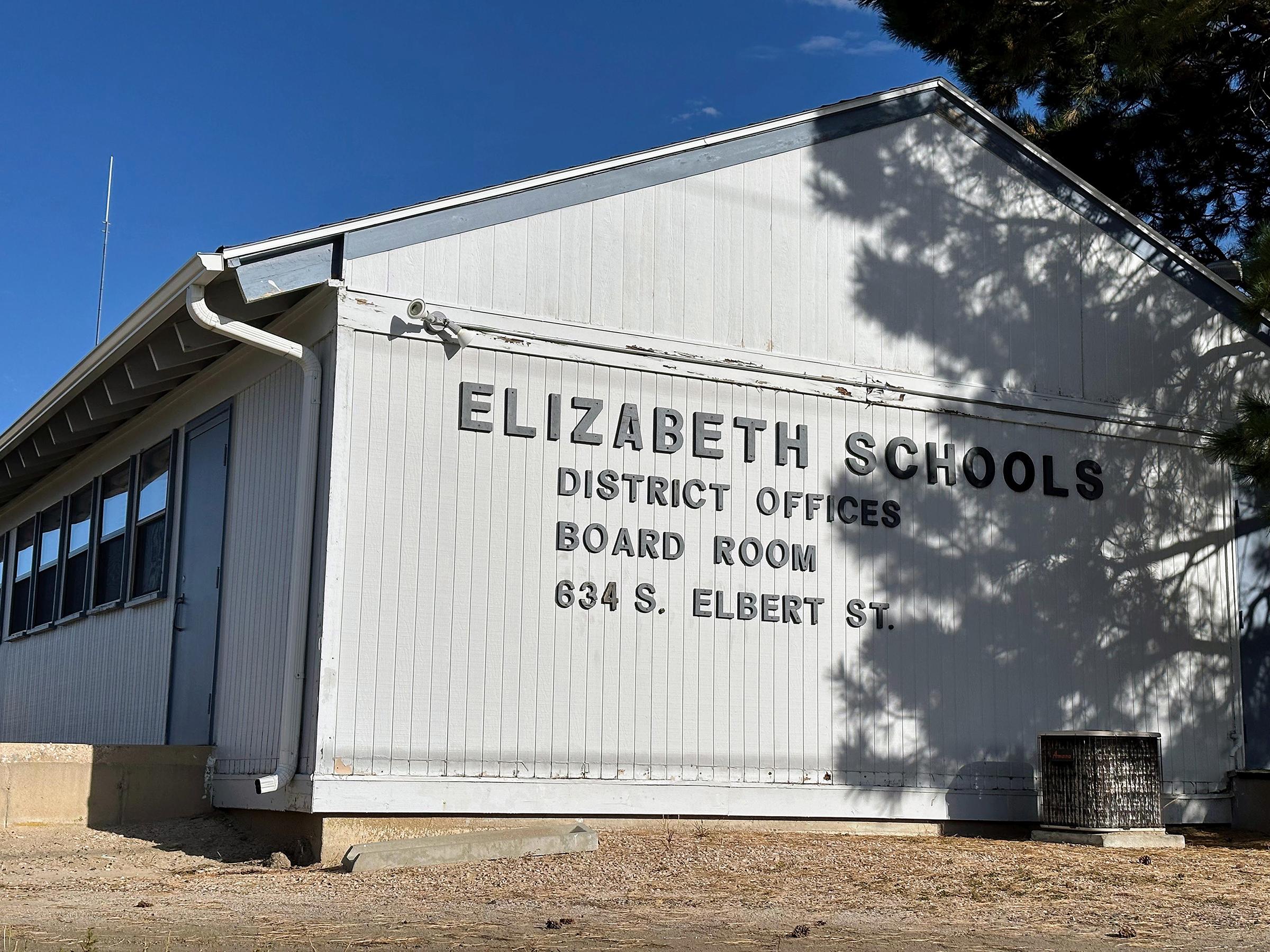
Hundreds of female faculty members at the University of Colorado Boulder will receive backpay as part of a $4.5 million settlement stemming from a class action gender equity lawsuit.
Under the settlement, CU Boulder will pay 386 female faculty members back pay and will agree to conduct follow-up equity reviews every three years. The university also agreed to make wages of current faculty and job applicants available to the public in the future.
“On behalf of the class representatives, I can report that we are pleased that this matter has been resolved,” said lead plaintiff, mechanical engineer and professor, Shelly Miller. “The plaintiff class has worked hard to ensure that the settlement includes periodic equity reviews and wage transparency. This is a critical part of the settlement and will help reduce or eliminate pay disparities between female and male UCB faculty members going forward.”
Chancellor Justin Schwartz signed the agreement released Thursday. As part of the settlement, the university denies each allegation of wrongdoing, liability and damages and consented to the settlement “solely to avoid the expense, inconvenience, and inherent risk of litigation as well as continued disruption of its business operations.”
The $4.5 million in backpay includes $1.1 million in attorney’s fees.
The class action lawsuit was filed in Denver district court simultaneously with the settlement for a judge to certify the class action nature of the suit and formally approve the settlement. The two sides carried out two mediations, one last year and one this year.
“CU Boulder is committed to providing fair and equitable wages to all employees across all disciplines,” said university spokesperson Nicole Mueksch. “As part of its continuous commitment to salary equity, the university will ensure academic units maintain salary equity among faculty members, maintain transparency in faculty salaries and conduct a campus-wide salary equity analysis every three years.”
For each faculty member, the backpay alone ranged between hundreds of dollars to nearly $50,000 for some faculty members across disciplines, including world-class scientists and scholars.
“They're in a very impressive group of female professors,” said Madeline Collison, an attorney with Benezra & Culver PC, a Denver-based employment and civil rights law firm. “They're very brave for coming together to do this given that they're existing employees, the risk of retaliation obviously is of concern. But there's strength in numbers.”
The group of faculty women included the current chair of the Boulder Faculty Assembly, a Fulbright Scholar, multiple National Science Foundation award winners, multiple National Academy of Science award winners, a National Endowment for the Humanities Fellowship winner, and numerous other distinguished faculty.
The suit alleged the discrimination was based on gender in violation of the Colorado Equal Pay for Equal Work Act, passed by Colorado lawmakers in 2019, as well as the Colorado Anti-Discrimination Act and Title VII of the Civil Rights Act.
The lawsuit asserted that CU Boulder conducted an equity review in 2021 and determined that 386 female-identifying faculty members were being paid less than similarly situated male faculty members. Although CU paid the female faculty raises, the school failed to pay backpay, a remedy that is legally required under federal and state law, according to lawyers.
The intention behind Colorado’s Equal Pay for Equal Work Act, which went into effect on Jan. 1, 2021, was to close the gender pay gap by making sure employees with similar job duties are paid the same regardless of sex. Collison said it doesn't require proof of intent and it also narrows the types of defense employers can use for why they are paying females less for similar work.
“The (law) is a game changer,” said one of the plaintiff’s attorneys Seth Benezra. “The statute addresses and closes loopholes that exist in other federal and state statutes prohibiting gender-based wage discrimination. It requires private and public employers to review their pay practices to ensure gender equity and it requires wage transparency.”
He said the University of Colorado at Boulder is to be commended for taking the case seriously and implementing meaningful changes. One of the plaintiffs’ goals in bringing the lawsuit was to bring an end to gender-based wage disparities at CU Boulder.
English professor Katie Little said it was not easy for the faculty to come forward publicly, but the faculty said it was necessary.
“Only in pursuing this action could we draw attention to the fact that women’s concerns about pay discrimination have been dismissed or ignored and now need to be addressed,” she said.
Little said the settlement is a step toward a future where equity is not just a word but a commitment to action.
Attorneys and plaintiffs said they hope other Colorado institutions of higher education will follow CU’s lead by conducting an equity analysis, instituting wage transparency and addressing gender-based wage disparities that exist.







